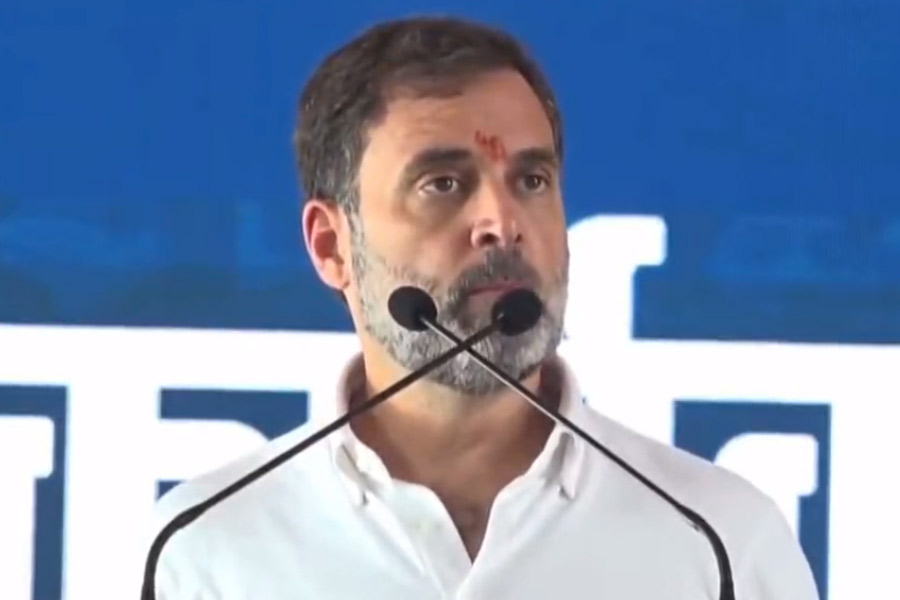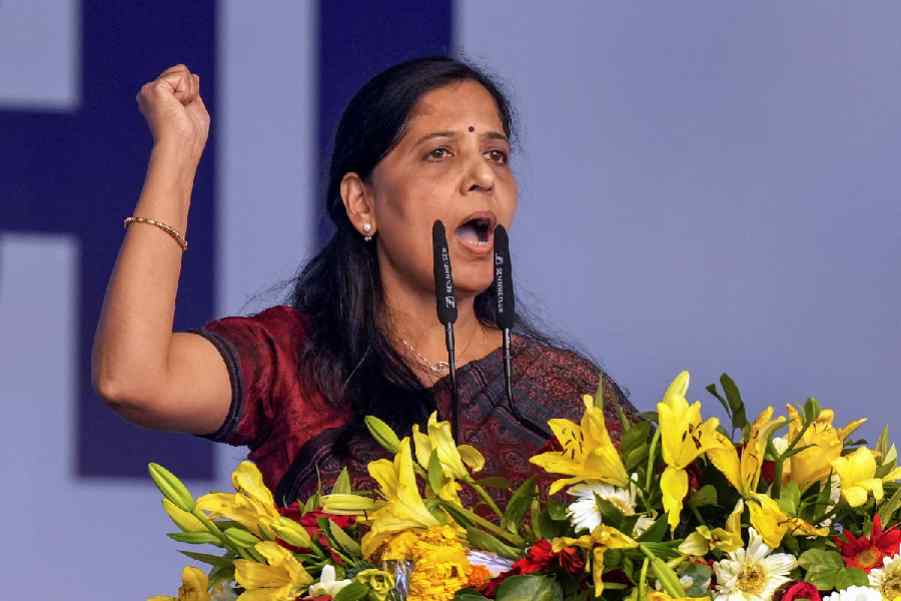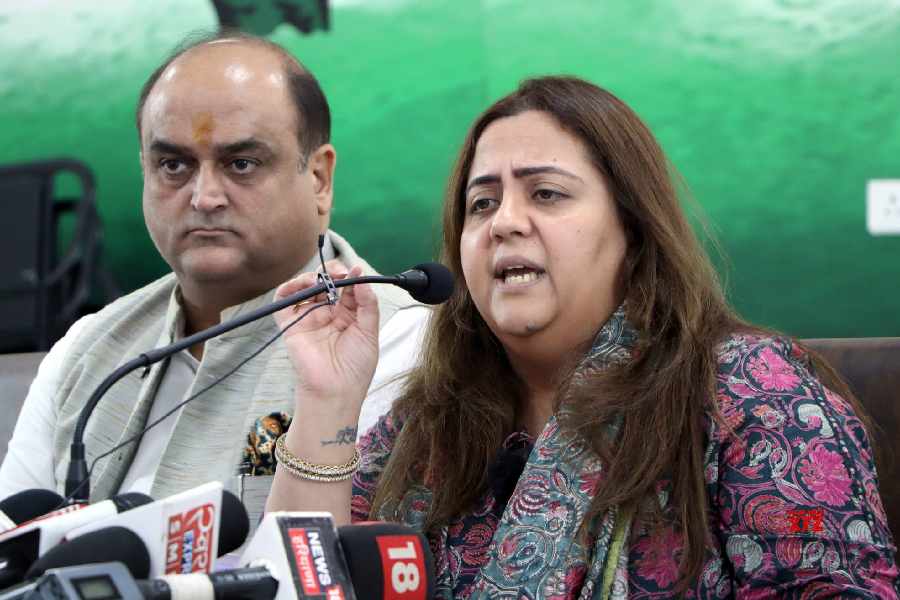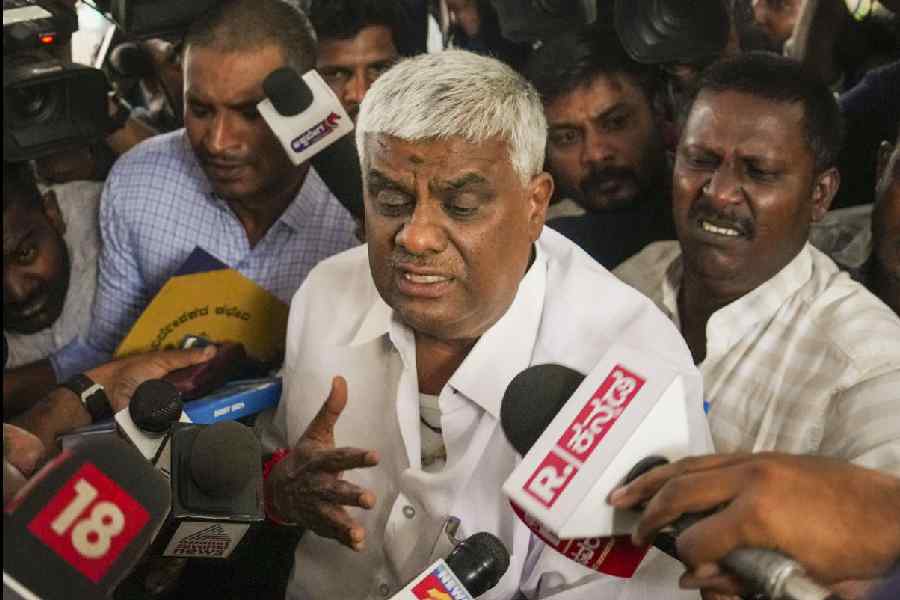In India’s polarised political fraternity, it is rare to find representatives of rival political parties speaking in one voice. Yet, that is what seems to be taking place at the moment. Rahul Gandhi, the Congress’s tallest leader, has been on record demanding separate reservation for women from other backward classes within the pie of women’s reservation. He also regretted the Congress’s earlier rejection of the demand for a quota for OBC women in the bill. Mr Gandhi’s sentiments have been echoed by Uma Bharti of the Bharatiya Janata Party: she, too, has pushed for a similar quota for OBC women. Behind this sudden concern — cacophony? — among politicians for representation of women from backward communities lie the compulsions of electoral politics. Estimated to be over 40% of the population, the OBCs form a sizeable, but disaggregated, voting bloc. The Congress has been the biggest loser in terms of its grip on this constituency: its vote share of 24% among dominant OBCs and 27% among non-dominant OBCs in the 1996 Lok Sabha polls dropped to 13% and 15%, respectively, in the 2019 general elections. The erosion in the Congress’s support benefitted the regional parties, but only for a while. Soon the BJP made spectacular inroads into the vote base. It received 22% of the votes of dominant OBCs and 17% of the non-dominant OBC votes in 1996; in 2014, the corresponding figures were 30% and 43%. The BJP’s exploitation of the grievances of the non-dominant OBCs along with its success in weaving these fragmented groupings under the larger ideological umbrella of Hindutva were fundamental to its political ascendancy. Even then, large chunks of dominant OBCs still remain elusive to the BJP.
The battle for 2024 could well be decided by the tilt in the OBC vote share. The Congress has the largest ground to cover in this respect. That explains its overtures, such as its demands for a subquota for OBC women in the women's reservation bill and for a caste census or assurances of greater representation of OBCs within the party fold. The Karnataka formula, where the Congress’s welfare measures won dividends among backward communities, could play a central part in the Congress’s strategy. The BJP would strive to not only consolidate its gains among the non-dominant OBC communities but also deepen its footprint among the dominant OBC groups. That elections continue to be won and lost on the basis of identity politics is perhaps a measure of the distance Indian democracy has travelled — or not.










